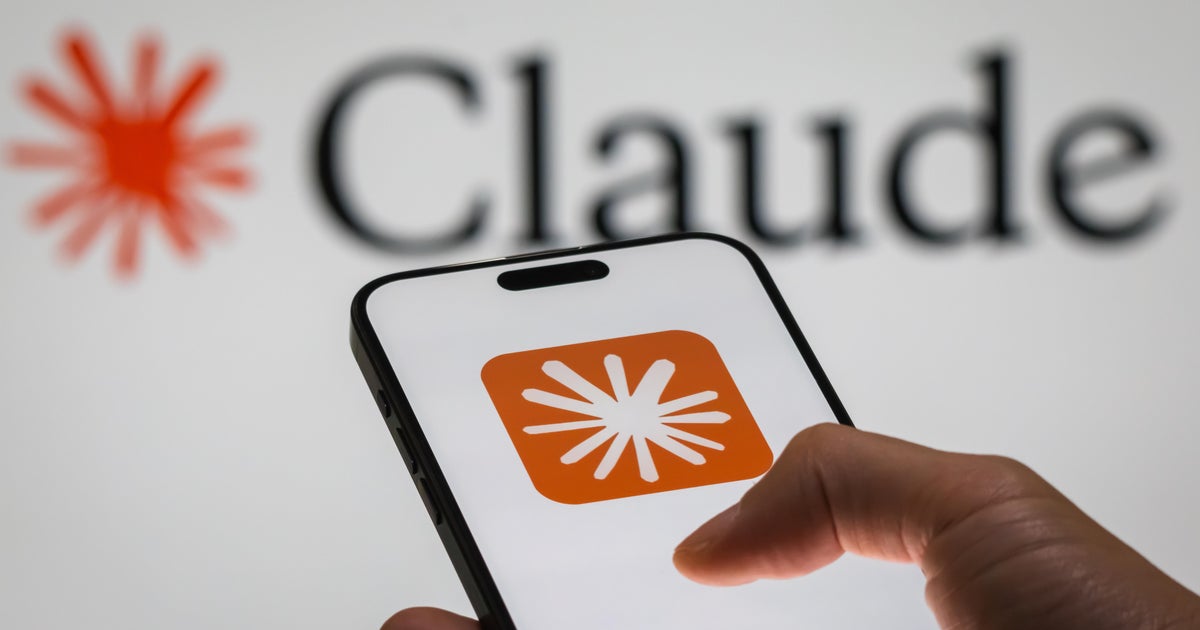Introduction to the Case
A significant legal victory has been achieved by Anthropic, a company that utilizes artificial intelligence for its services. The case in question revolves around the training of their chatbot, Claude, using millions of copyright-protected books. Judge William Alsup from the US District Court for the Northern District of California ruled that Anthropic’s use of these books for training its AI model does not violate US copyright law.
Background of the Case
Anthropic was founded by former managers of OpenAI, the developer of ChatGPT. The company introduced Claude in 2023, a tool that enables users to input natural language and receive summarized answers generated by AI. This AI was trained on millions of books, articles, and other materials. The judge decided that Anthropic’s use of copyrighted books for training its language learning model (LLM) is "transformative" and does not violate the "fair use" doctrine under copyright law.
The Ruling
Judge Alsup stated that Anthropic’s LLM has been trained not to advance and replicate or replace the original works, but to create something new. The ruling is seen as a significant precedent for similar disputes. However, the judge also noted that if Anthropic had downloaded millions of pirated copies separately, it would have been a violation of the law, potentially exposing the company to separate legal proceedings.
Reaction to the Verdict
Anthropic welcomed the verdict, stating that it is pleased the court recognized the use of works for the development of LLMs as transformative. The company had shifted its approach to accessing books after initial concerns about the legality of using pirate sites. A former Google manager responsible for Google Books, a searchable library of digitized books, was commissioned to oversee the process.
The Lawsuit
The case originated from a lawsuit filed by three authors, Andrea Bartz, Charles Graeber, and Kirk Wallace Johnson, who claimed that Anthropic’s use of their books to train Claude constituted copyright infringement. The authors alleged that Anthropic’s practices were on a "large scale" and that the company was trying to benefit from the human expression and ingenuity behind each work.
Implications for Other AI Companies
The decision has implications for other AI companies that use similar materials to build their language learning models. For example, the New York Times sued OpenAI and Microsoft in 2023, claiming that the technology companies used millions of their articles to train their automated chatbots. Some media companies and publishers are seeking compensation by licensing their content to companies like Anthropic and OpenAI.
Other Relevant Cases
Meta also recently won a significant victory after a federal judge dismissed a lawsuit questioning the methods used by the company to train its AI technology. The case was brought by a group of well-known authors who claimed that Meta was responsible for "massive copyright infringement" when it used copies of their books to train its generative AI system, Lama.

